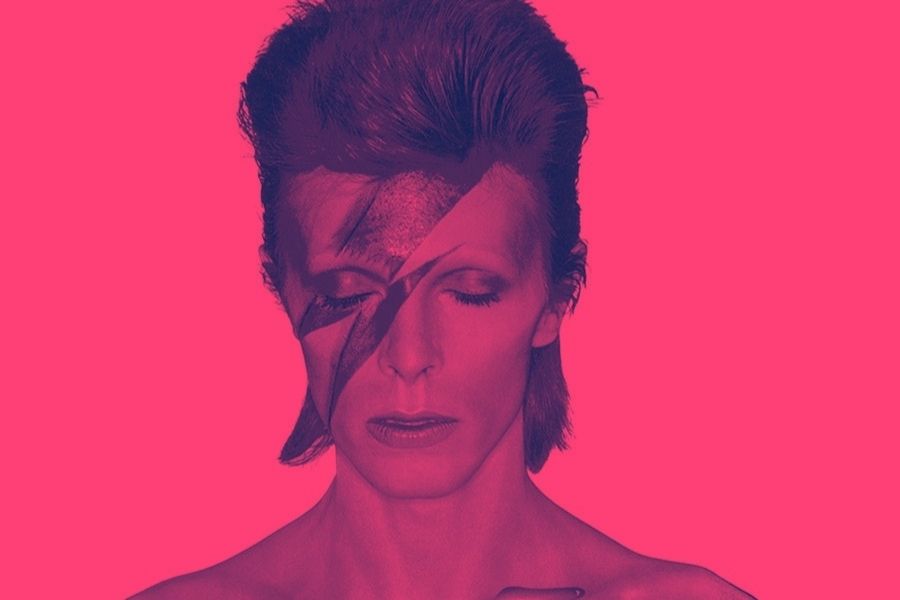In recent years, David Bowie has taken on the aura of an oracle. Now that might sound a little strong, but time and time again, the glam-icon has seemed to predict the world we currently inhabit with eerie accuracy. Take his 1999 interview with Jeremy Paxman, in which he seems to predict the immense cultural and societal impact of the internet.
“The potential of what the Internet is going to do to society, both good and bad, is unimaginable,” he tells a bewildered Paxman. “I don’t think we’ve even seen the tip of the iceberg…I think we’re actually on the cusp of something exhilarating and terrifying.”
Of course, by 1999, early forms of wifi had already been around for four years or so, albeit in a very basic sense. But even at that early stage, the utopias and dystopias that the technology seemed to foreshadow were already being discussed. In this sense, Bowie didn’t so much predict the internet as he did tap into an ongoing dialogue about how it might shape the future.
If you look back into the 1970s, however, Bowie can be seen to have predicted something that was scarcely imaginable at the time. In 1974, he sat down for an in-depth interview in which he predicted the age of streaming. At that time, Netflix co-founders Reed Hastings and Marc Randolph were still teenagers. The idea of utilising the internet to curate a digital and on-demand archive of film titles would have been simply inconceivable. For God’s sake, the first Blockbuster Video didn’t open until 1985, and yet Bowie seems to have predicted Netflix, Amazon Prime and the like without even realising.
During that interview, Bowie discusses his plan to make a film version of the “all time classic”, Sinbad The Sailor. “But it would have to be done on an extraordinary level. It would be incredibly indulgent and expensive. It would have to utilise lasers and all the things that are going to happen in a true fantasy.” Bowie recognised that to make this dream a fantasy he’d need to utilise cutting edge film technology. “Even the use of holograms,” he says. “Holograms are important. Videotape is next, then it will be holograms.”
Bowie then goes on to give a very optimistic prediction of how video technology will evolve over the next ten years. “Holograms will come into use in about seven years”, he begins, “Libraries of video cassettes should be developed to their fullest during the interim. You can’t video enough good material from your own TV. I want to have my own choice of programs. There has to be the necessary software available.”
“Libraries of video cassettes.” While Bowie was still using analogue terminology to describe this realm of unlimited choice, he seems to have understood that a catalogue of this kind would end up existing in the digital realm. Alas, the “necessary software” hadn’t been developed yet. Bizzare as it may have sounded at the time, Bowie’s dream of everyone having their “own choice of programs” is our reality.
Self-curation is now the norm, whereas, previously, the nightly TV schedule was something programmers took care of behind closed doors. In this sense, Bowie’s prediction can be seen to carry the utopian ideology of a generation captivated by the notion of individuality. Entertainment, Bowie suggests, should serve to reflect a person’s individuality. Rather than being forced to consume the same media as everyone else, the individual should be able to choose the narratives they are exposed to. This too, for better or for worse, is our reality.
